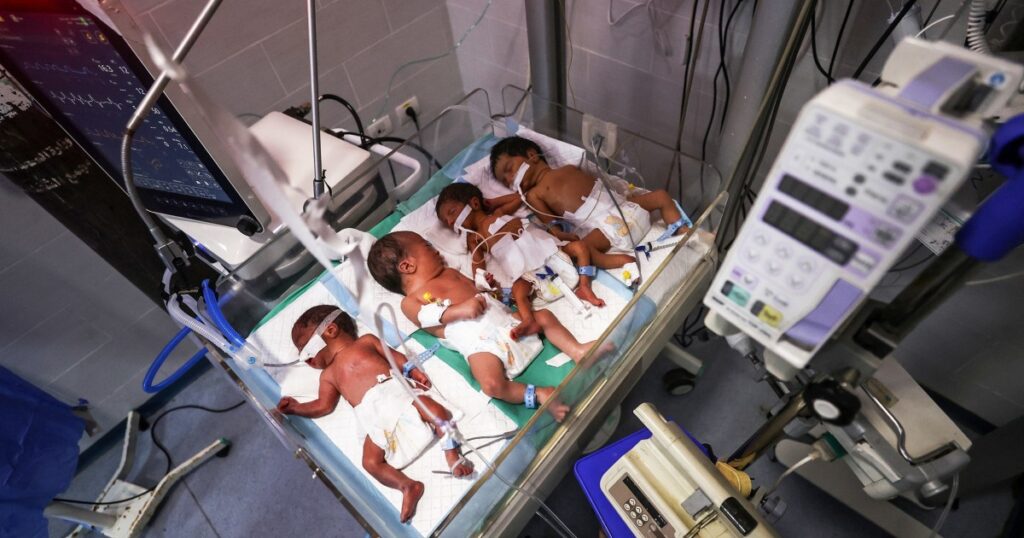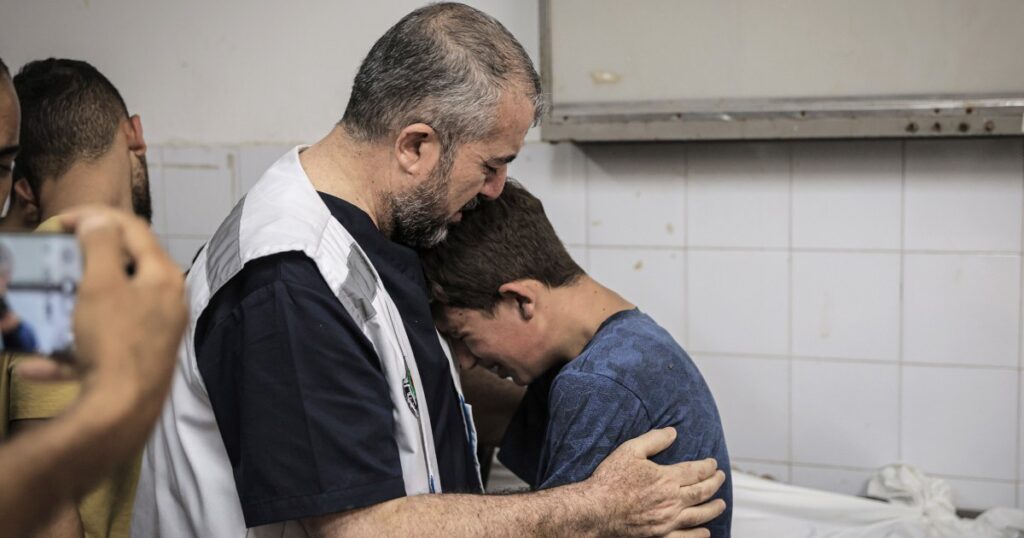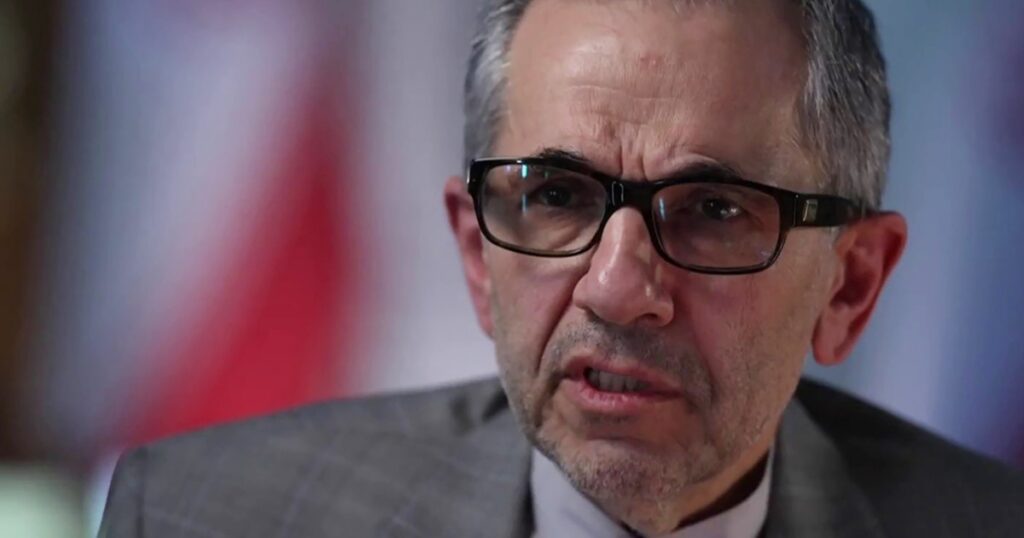Desperate Situation for Neonates in Gaza as Hospitals Face Fuel Shortages
Healthcare workers in Gaza are sounding alarms for critically ill infants, warning that many could become gravely ill or die soon due to a severe shortage of fuel that is forcing hospitals to turn off incubators.
Dr. Ahmad Al-Farra, the director of the pediatric unit at Nasser Hospital in Khan Younis, detailed the plight of the babies in their care while navigating through the neonatal ward. He highlighted one particular infant—a full-term baby—whose life depends on mechanical ventilation. “Without electricity, this baby will not survive,” he stated during an interview with NBC News.
Dr. Al-Farra’s concerns bring to mind past tragedies that occurred early in the conflict, when multiple newborns perished in hospitals in northern Gaza following warnings that military actions could jeopardize their survival.
Nasser Hospital is among several facilities facing imminent closure, as noted by the United Nations Office for the Coordination of Humanitarian Affairs (OCHA); it reported that dwindling fuel reserves could mean the shutdown of essential units, including intensive care and neonatal departments, risking lives.
OCHA indicated that the “total ban on fuel entry,” enforced by Israel for nearly 130 days, is a significant factor behind the crisis, impacting water, sanitation, and hygiene services across Gaza.
While Israel eased a blockade in May that had restricted food and medical supplies, the flow of aid remains limited to only essential items.
David Mencer, a spokesperson for Israeli Prime Minister Benjamin Netanyahu, attributed the fuel crisis to Hamas, saying they divert resources for militant uses rather than humanitarian needs. “Hamas hijacks fuel for terror, not hospitals,” he asserted in response to NBC News’ inquiries.
Mencer sidestepped questions regarding whether additional fuel would be permitted to reach Gaza’s hospitals.
Dr. Mohammad Saqer, the nursing director at Nasser Hospital, reported that the facility has only about 3,000 liters of diesel remaining, although it needs 4,500 liters daily to function fully. Due to the shortage, they have already shut off power in some departments to maintain operations in critical areas.
“The electricity will go off in less than 24 hours,” Dr. Saqer warned, highlighting a grim reality where many patients, particularly in intensive care, face certain death.
Hospitals in Gaza have been severely impacted throughout the ongoing conflict, with none of the territory’s 36 hospitals operating at full capacity; according to recent data from the World Health Organization, 18 facilities are partially operational, while the remaining 18 are completely non-functional.
Dr. Saqer appealed to the global community for assistance in securing fuel for the hospitals to “save the lives of children.”
In related developments, European Union foreign policy chief Kaja Kallas announced a new agreement with Israel aimed at facilitating essential food and fuel deliveries into Gaza. Kallas suggested the deal could potentially increase humanitarian aid, including repairs to vital infrastructure and enhanced safety for aid workers.
Israeli Foreign Minister Gideon Sa’ar acknowledged the agreement during a conference in Vienna.

Passionate journalist and digital news editor with a keen eye for global affairs and emerging trends. As the founder and lead writer of RSS News US, he is dedicated to delivering accurate, insightful, and engaging content to readers seeking trustworthy news in a fast-paced world.


